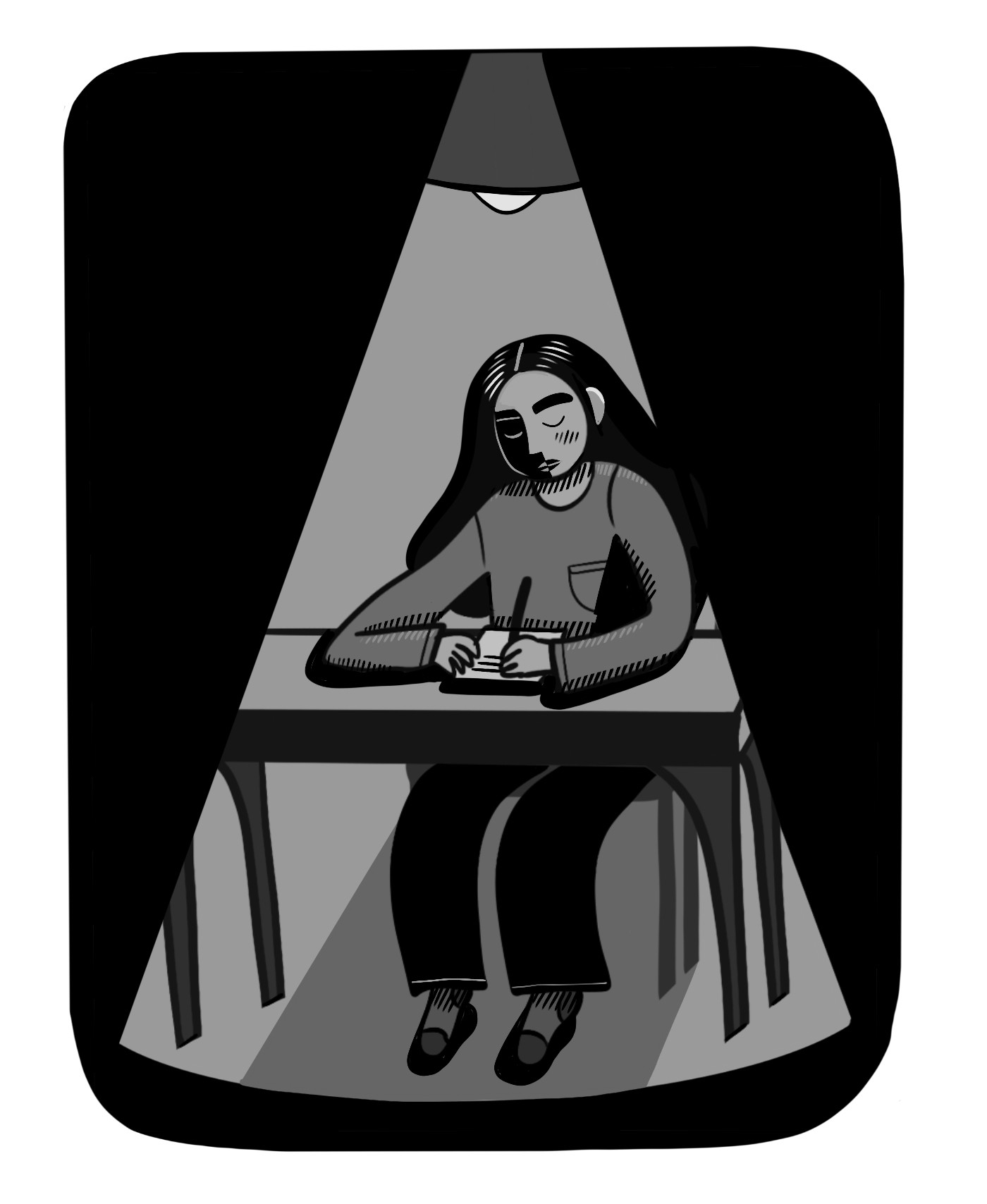This fall semester, a University of Minnesota freshman seminar put student activism at the forefront of ending sexual misconduct on campus.
The course, “Ending Sexual Violence at the University of Minnesota,” asked students to think about what changes they could make to improve safety on campus. Students also released a survey to better understand the prevalence of sexual misconduct.
The seminar is led by Lena Palacios, an assistant professor in the Department of Communication Studies. Palacios, who identifies as a survivor of sexual violence, conducts research at the intersection of sexual violence and state violence.
“It’s timely, it’s urgent, it’s in the news,” Palacios said.
Students examined the effectiveness of existing University policy and campaigns, such as bystander intervention. Palacios said the strategy can be problematic because it shifts the burden to report sexual misconduct onto people with little power.
When a person is harmed, Palacios said, “The first thing you have to do is say, ‘Where are they on the totem pole of hierarchy? Do they have more power or less power?’ And those questions are usually not addressed by the [University] admin.”
Students also evaluated how a person’s different identities can affect their sense of safety.
“I’m a black female and I’m Muslim as well. In a lot of these classes, we don’t learn about intersectionality,” said Naima Osman, a student in Palacios’ freshman seminar. “We don’t really talk about safety when it comes to minorities … we just kind of brush over them because the numbers are smaller.”
Intersectionality was key to a survey conducted by the class, which focused on how safe students, staff and faculty who identified as queer, transgender, gender non-conforming, disabled or female felt on campus.
The class surveyed 168 people, a majority of whom identified as female and freshmen. About 36 percent of respondents said they have experienced sexual assault in their lifetime while about 63 percent said they have experienced sexual harassment in their lifetime.
According to a survey conducted by the American Association of Universities of campus, about 15 percent of first-year undergraduate women reported they had experienced non-consensual sexual contact while enrolled as students. Nearly 55 percent of all undergraduate women said they experienced some kind of harassing behavior as a University student.
The differences in the surveys may lie in the number of respondents. Palacios said the difference could be accounted by who is asking the questions. Minoritized students, like queer or students of color, may feel more comfortable answering a student-created questionnaire.
“I think that the survey spoke to people and made them feel safer, especially people who are vulnerable,” Palacios said. “When students are putting out a survey, it’s a different feel than when a big institution is putting out a survey.”
A majority of respondents, 61 percent, reported hearing offensive jokes, offensive remarks or hate speech on campus.
Karen Miksch, co-chair of the President’s Initiative to Prevent Sexual Misconduct at the University, said the students’ feedback was powerful.
“I think that a lot of prevention work historically and currently only has really been geared towards white women who were sexually assaulted, for example, by a stranger,” Miksch said. “We need to make sure that our prevention efforts are informed by and address the needs of a variety of groups on campus, not just the dominant group.”
Miksch agreed that bystander intervention wouldn’t be useful if it were only targeted at students, but added that faculty receive training on sexual misconduct as well. She said it’s the responsibility of those with power to intervene when they spot harassment and other inappropriate behavior, especially among other faculty.
The initiative was established in 2017 by then-President Eric Kaler and is currently examining University policy on sexual misconduct and looking for places to improve, said Miksch. Improving the campus climate will be a long-term project.
For Osman, Palacios’ class was an empowering introduction to activism in her first year of college.
“I think it’s setting me up for a good fight because I’ll be here for the next four years, and I’m hoping to see some of these changes implemented,” said Osman.
















